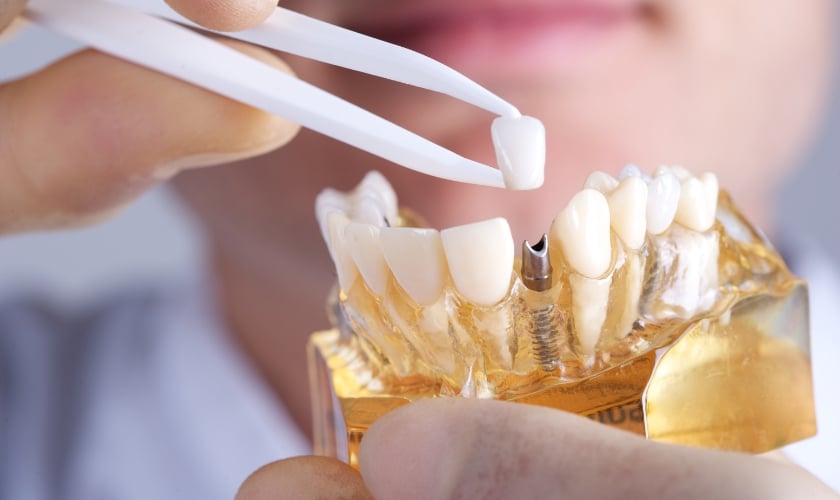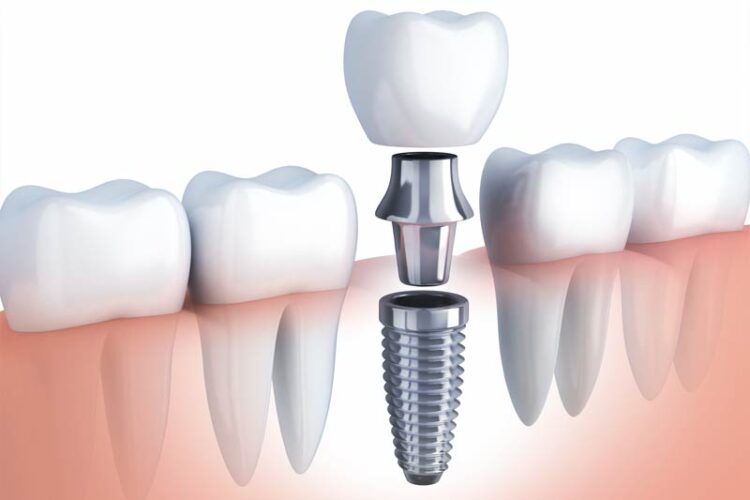Combining family dentistry with dental implants offers a comprehensive approach to oral health. This combination provides a solid foundation for both preventive care and restorative solutions. Family dentistry focuses on routine check-ups, cleanings, and education. It ensures every family member maintains healthy teeth and gums. When integrated with dental implants, patients benefit from a complete service. Implants replace missing teeth, restoring both function and aesthetics. This partnership meets a wide range of dental needs efficiently. Grand Rapids dentists are at the forefront of this approach. They aim to provide all-encompassing care. With their expertise, they cater to both children and adults. Patients can enjoy the convenience of having all their dental needs met in one place. This holistic approach not only saves time but also builds trust between the patient and the dentist. Ultimately, it leads to improved oral health outcomes for the entire family.
What is Family Dentistry?
Family dentistry offers dental care to patients of all ages. It provides basic services like cleanings, fillings, and preventive education. Regular visits help detect issues early, preventing more serious problems later. Family dentists often develop long-term relationships with their patients. This allows them to tailor advice and care to individual needs. Routine visits also teach children the importance of dental hygiene from a young age.
Understanding Dental Implants
Dental implants serve as artificial tooth roots. They offer a strong foundation for fixed or removable replacement teeth. These implants match natural teeth in appearance and function. The American Dental Association provides more information on the benefits and procedures involved in dental implants. Dental implants help preserve the jawbone, which can deteriorate when teeth are missing. They also maintain the shape and structure of the face.

Why Combine Family Dentistry with Dental Implants?
Combining family dentistry with dental implants maximizes the benefits of both. Family dentists can provide preventive care to keep teeth healthy. When a tooth is lost, dental implants offer a reliable solution. This combination ensures that patients receive continuous care without needing to visit multiple specialists. This integrated approach addresses immediate needs while planning for future oral health. Family dentists can monitor existing implants during routine visits, ensuring long-term success.
Benefits of an Integrated Approach
- Comprehensive Care: Provides both preventive and restorative solutions.
- Convenience: Reduces the need for multiple appointments at different offices.
- Consistency: Builds trust and understanding between dentist and patient.
Comparison: Traditional Bridges vs. Dental Implants
| Feature | Traditional Bridges | Dental Implants |
|---|---|---|
| Durability | 10-15 years | 25+ years |
| Bone Preservation | No | Yes |
| Impact on Adjacent Teeth | Requires support from adjacent teeth | Independent support |
Considerations for Families
This integrated dental care approach is not only beneficial for adults. It also offers significant advantages for children and adolescents. By introducing young family members to dental implants as a viable option for tooth loss, they learn about long-term dental health strategies. The National Institute of Dental and Craniofacial Research provides further insights into pediatric dental care. This prepares them for a lifetime of informed dental decisions.
Conclusion
Combining family dentistry with dental implants creates a robust, long-term oral care plan. Dentists excel in offering these services together. This integrated approach simplifies dental visits and ensures superior care. Families can enjoy peace of mind knowing their dental needs are met in one place. This approach builds a strong foundation for lifelong oral health, supporting both current and future dental needs. Embracing this strategy means choosing a holistic path to dental wellness.

